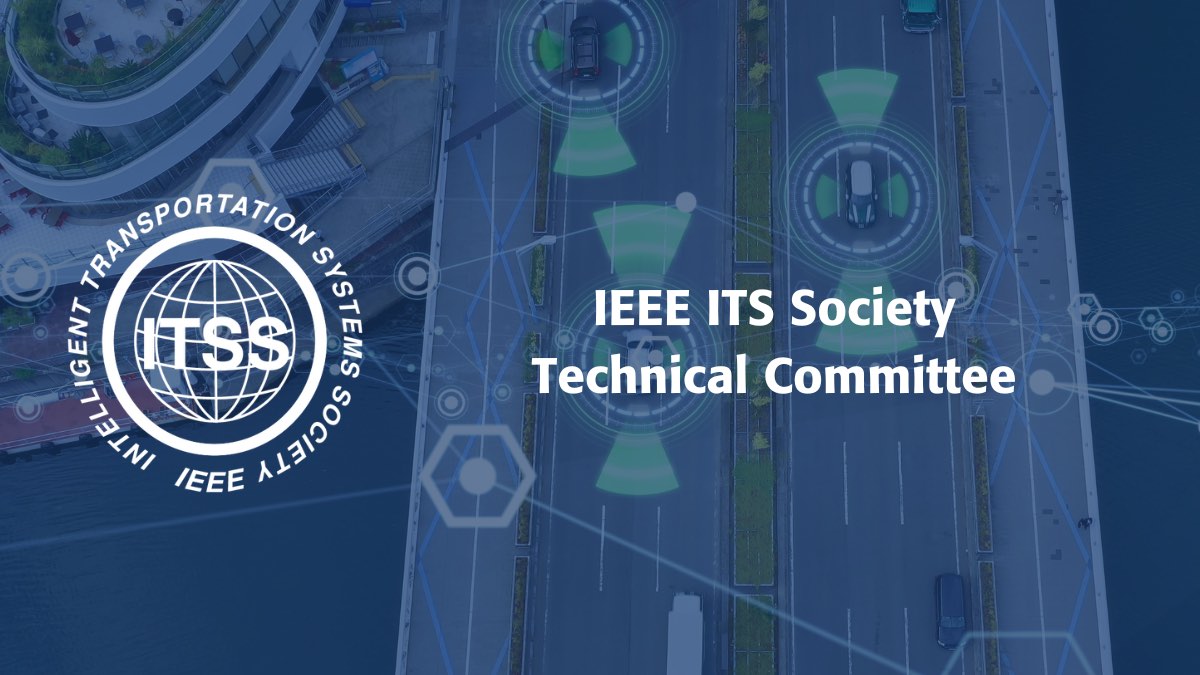
Chair: Renran Tian
Co-Chair(s): Chen Jing
Short Description
AI technologies are essential for fully automated driving and customized mobility. However, as AI becomes increasingly prevalent, it brings forth challenges in effectively interacting and collaborating with humans. Human-Centered AI research aims to develop AI technologies that empower human capabilities, understand human needs, and are inspired by human intelligence. Research on human-centered AI-enabled transportation systems seeks to design safer and more manageable transportation systems, addressing topics such as cognition, communication, decision making, transparency, trust, ethics, cybersecurity, and training.
Goal
The main goal of this technical committee focuses on sharing the state-of-the-art design, models, algorithms, simulation, and field implementation of a wide range of Human-Centered AI research in ITS (such as pedestrian behavior prediction, adaptive automated driving, explainable driving decision-making, trust in automated vehicles, cybersecurity in automated vehicles, etc.). We aim to identify challenges as well as research needs and foster cross-disciplinary collaborations.
Committee Activities
The HAIT TC will continue the workshop series at the 2024 IEEE conferences, including the ITSC 2024 and IV 2024. The TC plans to host the workshop series on human-centered AI in transportation, focusing on different topics, at the IV conferences. The first workshop is proposed for IV 2024, with a focus on trust calibration and feedback generation for AI-enabled vehicle systems. These HAIT workshop series target on bringing together the researchers from Human Factors and Ergonomics Society (HFES), American Psychological Association (APA), and the Special Interest Group on Computer–Human Interaction in the Association for Computing Machinery (ACM SIGCHI) with the IEEE Intelligent Transportation System society on the key issues of human-centered automated driving systems, as well as fostering long-term collaborations and mentorship relationships.
In addition, the HAIT TC will continue the workshop series on Pedestrian Behavior Prediction, at the ITSC 2024 conference, while also continue hosting the Student Competition on Pedestrian Behavior Prediction Algorithms in 2024. The TC also plans to extend the activity with other IEEE societies, such as the IEEE Computer society, through hosting workshops in other IEEE conferences (IEEE/CVF CVPR).
Finally, this TC will propose special issues in IEEE journals (potentially T-ITS or T-IV). The Chair, co-Chair, and several committee members of the TC will serve as guest editors of this special issue and solicit paper submissions from the research society (including the ones from the workshop).
Milestones
- In 2023, the HAIT TC has successfully hosted the 1st IEEE ITSS Student Competition on Pedestrian Behavior Prediction. A total of 36 teams participated in the competition, and 10 teams finalized the competition with outstanding performances and were selected for prizes.
- The HAIT TC has also organized the 3rd Workshop on Pedestrian Behavior Prediction jointly with the award ceremony for the student competition in the ITSC 2023 conference.
Committee Members
- Patricia DeLucia, Rice University, USA
- Yaobin Chen, Purdue University, USA
- Zhengming Ding, Tulane University, USA
- Bin Hu, University of Houston, USA
- Zhengming Zhang, Purdue University, USA
- Md Fazle Elahi, Indiana University-Purdue University Indianapolis, USA
- Xin Hu, Tulane University, USA
- Taotao Jing, Qualcomm, USA
- Katherine Garcia, Rice University, USA
- Scott Mishler, Rice University, USA


